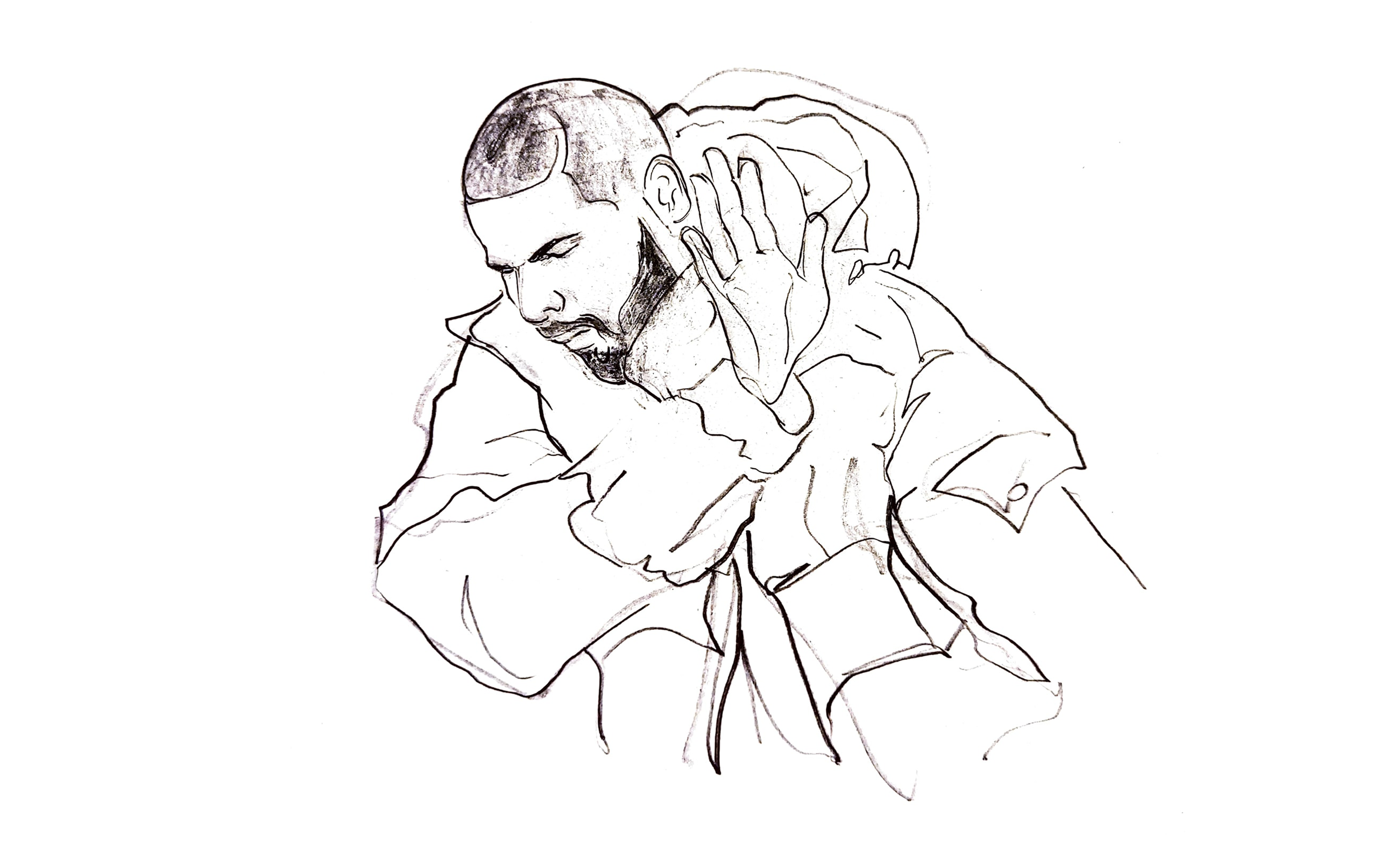Yasiin Bey is most definitely wrong–about some things.
Few things are more predictable than the opinions of someone from a grey generation on the current state of the arts or of general culture. Complaints of decadence, of general intellectual affaiblissement, of failure to honour tradition so often overlay the anxieties of our forebears. This, of course, is the tired “kids these days” trope, alive and well as it’s been for millennia; it is not solely endemic to our own times.
Yoshida Kenko, a 14th-century Japanese monk, complained that “modern fashions seem to keep on growing more and more debased.” Or take the words of the Roman poet Horace, who fretted that newer generations were continuously, and more severely than preceding ones, falling short of the moral standards of their parents’ generation. And Aristotle generalized that the youth, pompous and deluded, simply couldn’t reason for themselves.
The most recent public iteration of this has come in the form of hip-hop legend Yasiin Bey—formerly known as Mos Def—visibly writhing at the thought of granting Drake acceptance into the pantheon of hip-hop, preferring instead the loaded categorization of “pop.” Like Bey, probably many elderly rap statesmen are unhappy with the large hand Drake is thought to have played in shifting hip-hop towards aural appeal rather than substance-heavy lyricism.
But surely, the artist behind If You’re Reading This It’s Too Late and the timestamp series cannot be denied his rightful place in the genre’s rafters, however needlessly contrarian one may feel. Drake is more than capable of lyrically dense, introspective tracks (“From Time,” “Weston Road Flows,” “Champagne Poetry”), wordplay potages (his feature on “Churchill Downs” is still unquestionably one of the finest moments of the genre this decade), boastful anthems (“0 To 100/The Catch Up”), and classic rap collaborations in which he has had the upper hand over his song mates (“Aston Martin Music”). Bey, then, is most definitely wrong to deny Drake his rightful place in (the higher tiers of) hip-hop’s rich history.
But perhaps he is not all wrong. The way we consume music has indeed radically changed over the past decade. As we have been told so often, in the cacophony of artists, songs, and albums now available on streaming platforms, there is a persistent need to stand out. The result is often shorter, blander, more easily digestible songs intended almost solely to bolster artists’ numbers across streaming platforms, with little semblance of human soul undergirding the work. (There is much to say about the role of record labels in this matter as well). The art may not be dying, but it is certainly acquiring a more vulgarly commodified aspect than it did in the CD or vinyl era.
This is hardly deniable, not simply existential petulance on the part of withering generations. And this observation cannot be divorced from the consumerist culture we are immersed in every moment of our lives. As Bey hinted—and he is right here—the streaming game faithfully mirrors our irrational shopping urges.
Our attention spans have been colonized, in the lurid, desensitizing panoply of stories, reels, posts, ads, and whatever else, to heed only what stands out as most pleasant, yet almost all of it is just a profoundly imbecile distraction. As soon as we make a purchase, too, it suddenly bethinks us that we have a number more needless ancillary commodities to acquire.
For scrolling and buying, our brains’ reward systems have been hijacked. The analogy with the perpetual streaming of bland and empty music can’t be missed here: it is, in itself, an insatiable hunger for more meaningful art that can never be fulfilled by that sort of crass grifting. What we need, I suggest, is to train ourselves to recognize the more substantial, and orient our minds towards it. And here it becomes necessary to acknowledge the elephant in the room.
Take Drake’s song “Search & Rescue” for instance, which, although sung in a fairly decent, catchy tune, is a disparageable reminder that Drake’s creative engines are sputtering (aside from it being boring and repetitive, he says “mami” a dozen times—he turned 37 last October). He has also failed to produce an inspired album that has won critical assent for almost a decade now and is oddly seeking to reignite years-old, settled, one-sided “beefs” to distract him from what is obviously a terrible state of creative bankruptcy and inertia.
These are all straightforward signs of an artist who, devoted to the streaming game, has grown weary of a diligent and meaningful artistic process, and swapped it for vacuous numbers. The result, then, is vacuous art, his recent projects replete with songs not unlike the worthless commodities we feel an insensible urge to accrue. Here, Bey has not erred.
But of course, we must see that in doing so, he has grown terribly bored of the numbers themselves. If he hadn’t, the number of thoughtless projects we receive from him would not multiply at the rate it does. And yet the albums keep coming, themeless and bloated as they are, ceaseless reminders that Old Drake™ is never coming back because he never left, having long resisted personal and artistic evolution that could potentially jeopardize his grip on the charts. What now remains is an overgrown 25-year-old nearing 40, still roaming the club’s floors. But dance partners are bound to leave, eventually—no empire lasts forever.
